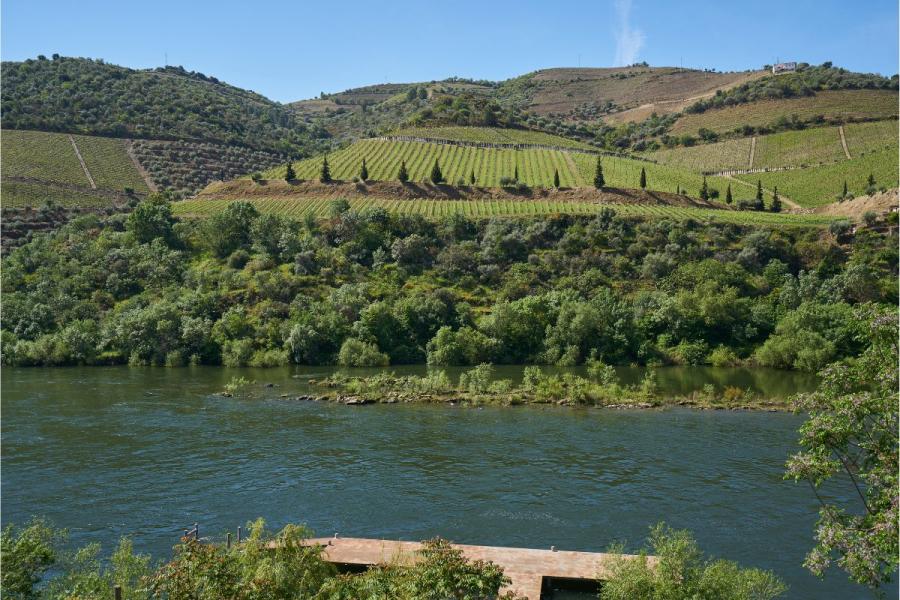History of wine in Portugal
Portugal's rich and diverse wine heritage is steeped in a history that dates back over thousands of years.
The story of Portuguese wine starts with the ancient Phoenicians, who brought vine cultivation to the region during their extensive maritime trading. Later, the Celts continued viticulture, introducing their wine-making techniques. However, it was the Romans who truly embraced wine as a vital part of the cultural fabric, creating large-scale vineyards and advancing wine-making technology.
The evolution of Portuguese wine also owes much to the country's religious orders, especially the monks, who protected and refined wine-making traditions during the Middle Ages. The creation of the demarcated region for Port wine in the Douro Valley in 1756, the first of its kind in the world, marked a pivotal moment in the country's wine history, setting standards for quality and authenticity.
Portugal's wine industry later faced a significant challenge with the Phylloxera epidemic in the 19th century, which devastated many vineyards. But resilience and innovation prevailed as new grape varieties and wine-making methods emerged, rejuvenating the industry.
In recent years, Portugal's wine industry has seen exciting developments. While remaining true to their tradition and heritage, many Portuguese wineries have embraced innovation and modern technology in viticulture and winemaking.
Today, Portugal is seeing a rise in organic and biodynamic practices, with more and more vineyards focusing on sustainability and natural winemaking methods. Simultaneously, producers are experimenting with their unique grape varieties, creating an array of new, high-quality wines that retain Portugal's distinctive character while pushing boundaries.
Importance of wine to Portuguese culture and economy
Wine is an intrinsic part of Portuguese culture, marking celebrations, rites of passage, and daily meals. It's closely tied to Portugal's gastronomy, with each region boasting local wine and food pairings.
Economically, wine is crucial for Portugal. The industry provides employment to thousands, from vine cultivation to wine tourism, and significantly contributes to the country's exports. Portuguese wines, especially Port and Madeira, have been globally recognized for centuries, and newer wine styles from regions like Alentejo and Douro have gained international acclaim in recent years.
In conclusion, the world of Portuguese wine is a fusion of historical tradition, geographical diversity, and innovative spirit. Its wines, reflecting the rich tapestry of Portugal's terroirs and the artistry of its winemakers, offer an enticing spectrum of flavors and styles for every wine enthusiast to explore.
Wine tourism
Portugal's wine routes are steeped in history, culture, and breathtaking landscapes, making wine tourism an integral part of any visit to the country. From the steep terraced vineyards of the Douro Valley to the sun-drenched plains of Alentejo, each region provides a unique wine tourism experience.
You can enjoy wine tastings in centuries-old wine cellars, explore the vineyards on a river cruise in the Douro Valley, participate in the grape harvest, or simply pair local wines with delicious Portuguese cuisine at a vineyard restaurant. Top it off with traditional wine festivals like the Festa do Vinho Madeira in Madeira or the Festa das Vindimas in Douro for an immersive cultural experience.
Portuguese wines offer a world of diverse flavors, styles, and traditions to explore. From the ancient vineyards of Douro Valley to the innovative wine practices of Alentejo, the richness of Portugal's wine culture is a testament to its history, geographical influences, and the passion of its people. So whether you're a seasoned sommelier or a casual wine enthusiast, take a sip, and embark on a journey through Portugal's extraordinary wine heritage.

